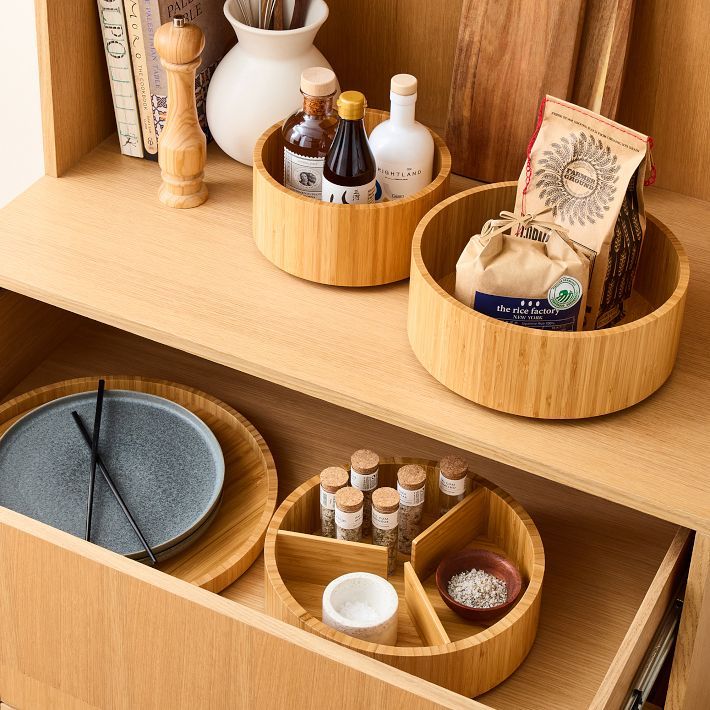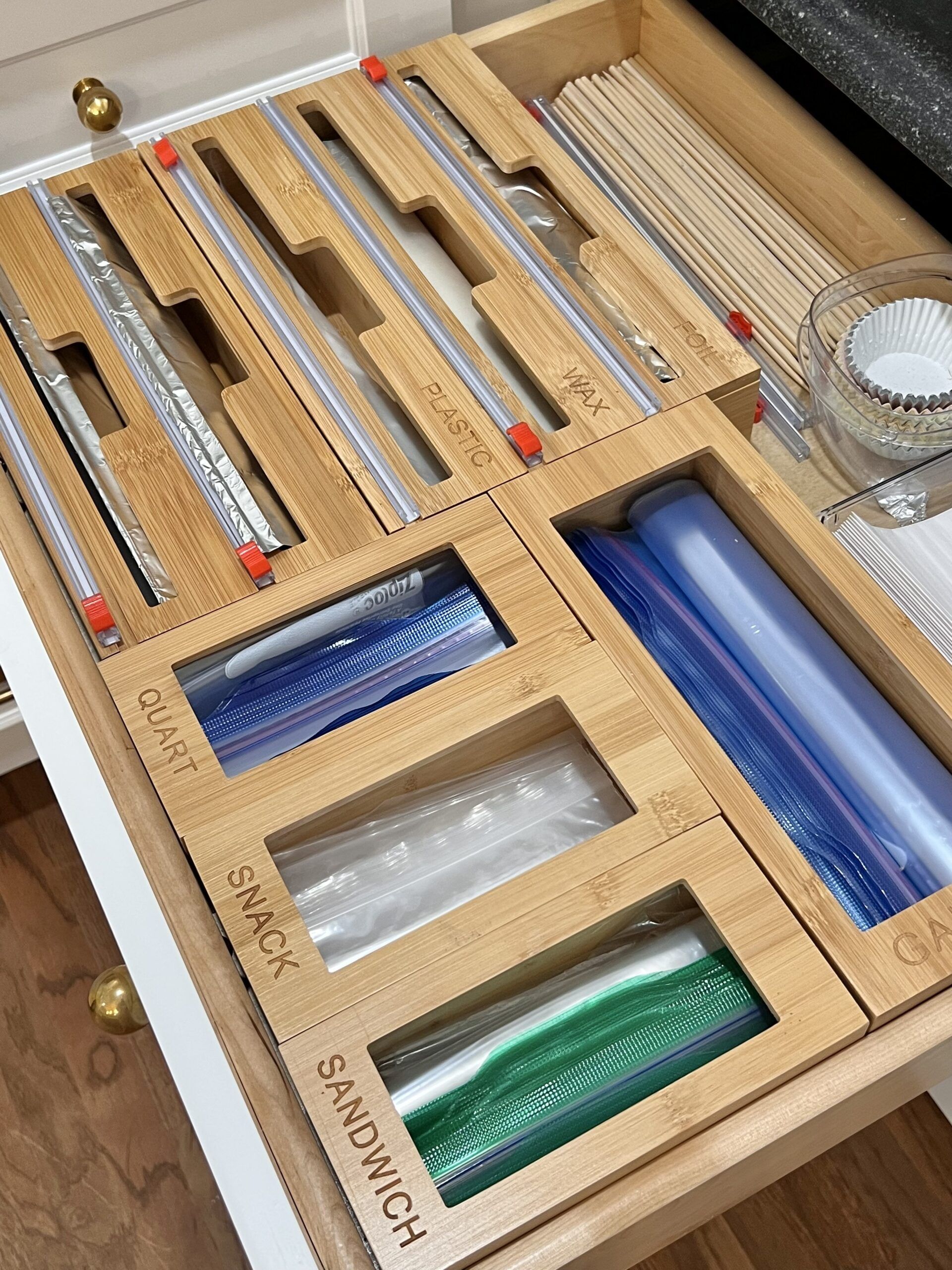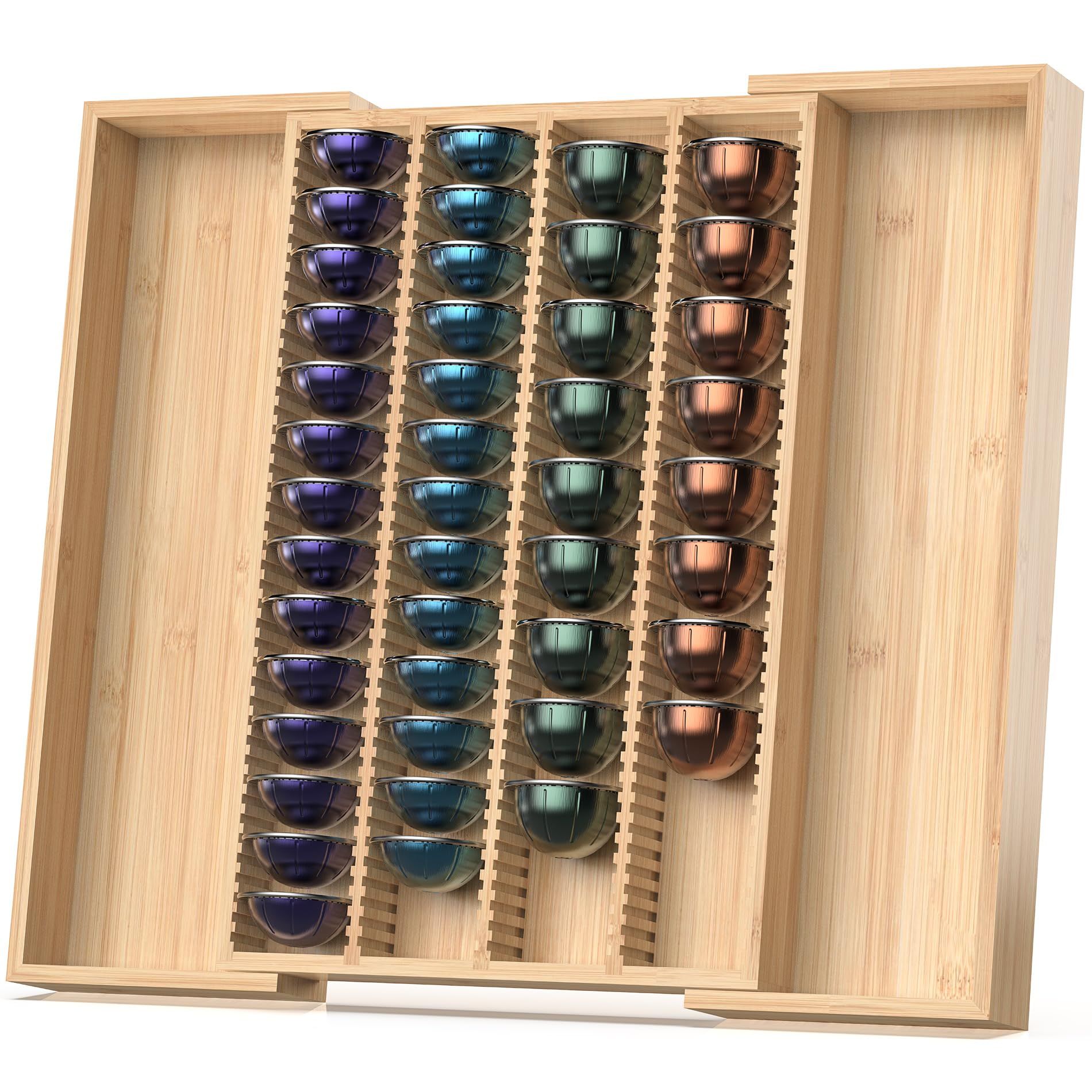As consumers grow more conscious of their environmental impact, there is a rising demand for sustainable home décor materials. Among the options available, bamboo panels have become a popular choice for eco-friendly interior design. Combining sustainability with durability and a natural aesthetic, bamboo panels offer a range of benefits that make them a standout material for modern home decoration. Let’s explore why bamboo is paving the way for the future of environmentally responsible home renovation.
1. Sustainability at Its Core
Bamboo is a rapidly renewable resource. Unlike hardwood trees that can take decades to mature, bamboo grows at an exceptional rate and can be harvested every 3 to 5 years. This makes it a highly sustainable alternative to traditional wood panels. Additionally, bamboo absorbs more carbon dioxide and releases more oxygen than most trees, contributing positively to environmental conservation efforts.
2. Durability and Strength
While bamboo may seem delicate, it is known for its strength and durability. Bamboo panels are comparable to hardwood in terms of resilience, making them an excellent choice for high-traffic areas like kitchens, living rooms, and even commercial spaces. They resist warping and cracking, ensuring longevity, and require minimal maintenance compared to other wood alternatives.
3. Aesthetic Versatility
One of the reasons bamboo panels are becoming so popular is their versatility in design. They offer a sleek, modern look with a natural finish that enhances any interior space. Bamboo can be used for wall coverings, cabinetry, flooring, and even ceilings, adding a warm, organic touch to homes. The neutral tones of bamboo blend seamlessly with various styles, whether minimalist, contemporary, or traditional.
4. Eco-Friendly Manufacturing Process
The production process of bamboo panels is relatively low-impact. Harvesting bamboo doesn’t involve the deforestation that is common with hardwood trees. Manufacturers often use non-toxic adhesives and finishes, making bamboo panels a healthier choice for the home, as they reduce the presence of harmful volatile organic compounds (VOCs).
5. Cost-Effective and Accessible
While bamboo panels were once considered a luxury material, their increasing popularity has made them more affordable. The cost of bamboo is now competitive with other paneling options, offering homeowners an eco-friendly solution without breaking the budget. As a result, more people are considering bamboo panels as a cost-effective way to enhance their home while contributing to environmental sustainability.
6. The Future of Interior Design
With the world shifting towards greener building practices and consumers prioritizing sustainable products, bamboo panels are set to play a significant role in the future of home design. Whether it’s for new builds or renovations, incorporating bamboo into interiors is a step towards reducing carbon footprints and fostering eco-friendly living.
Post time: Sep-11-2024








